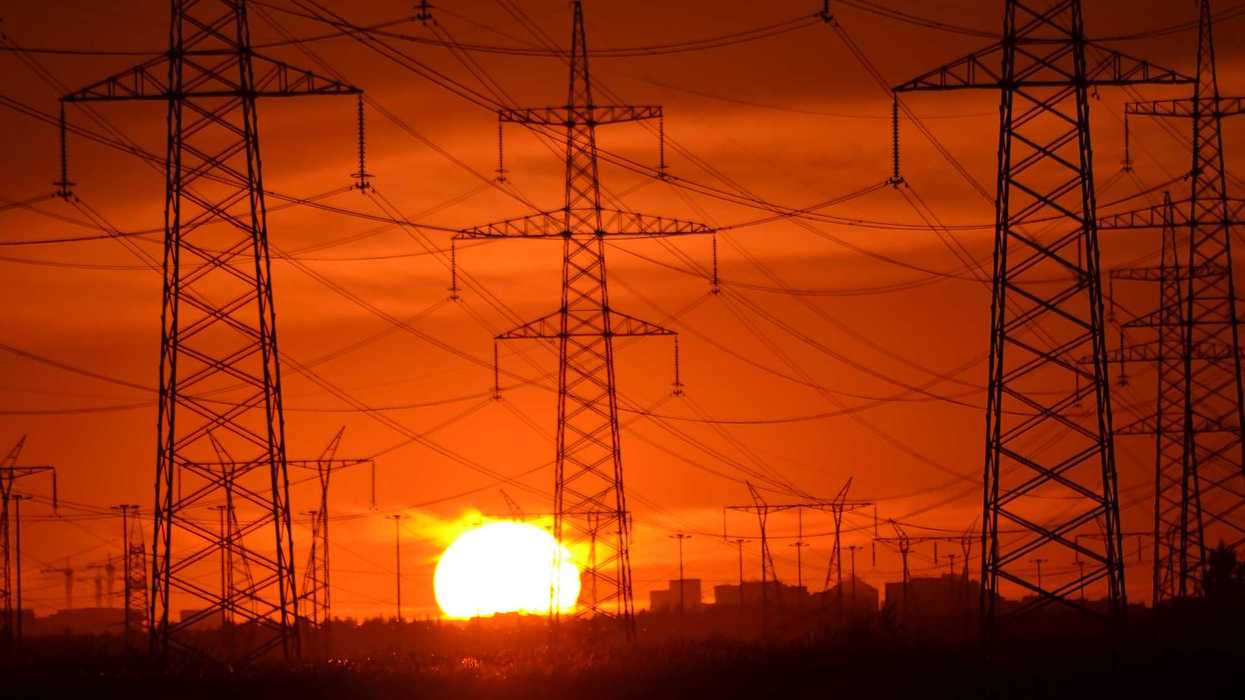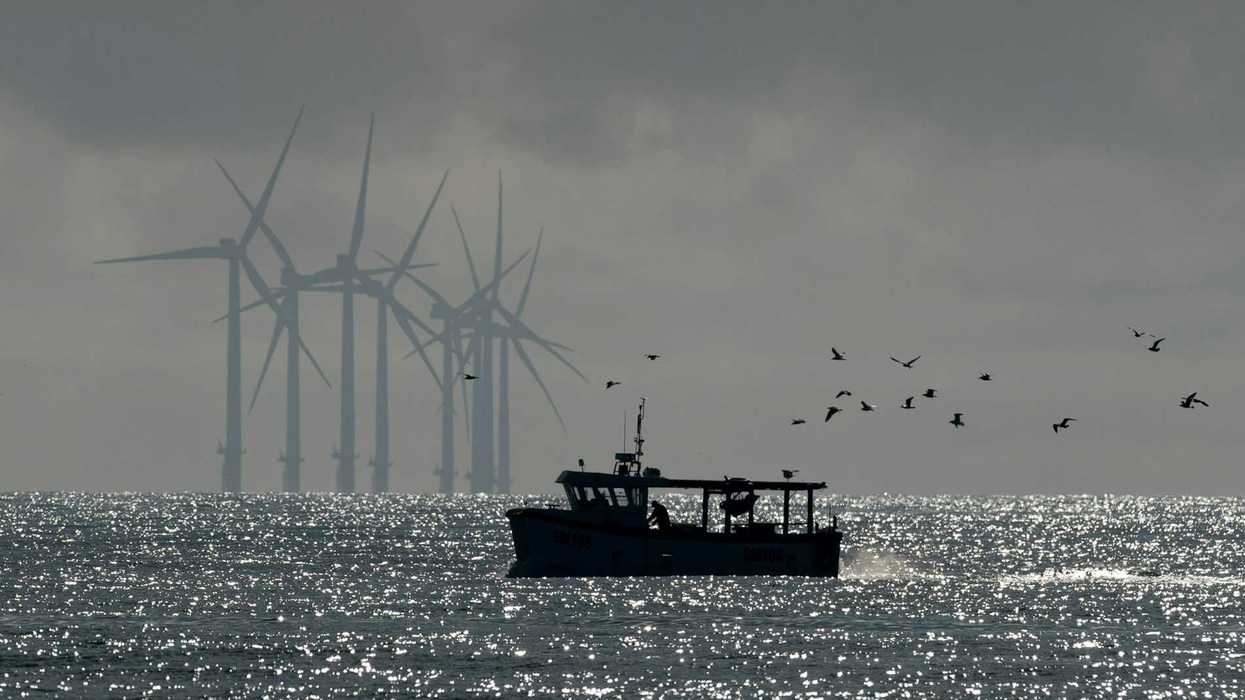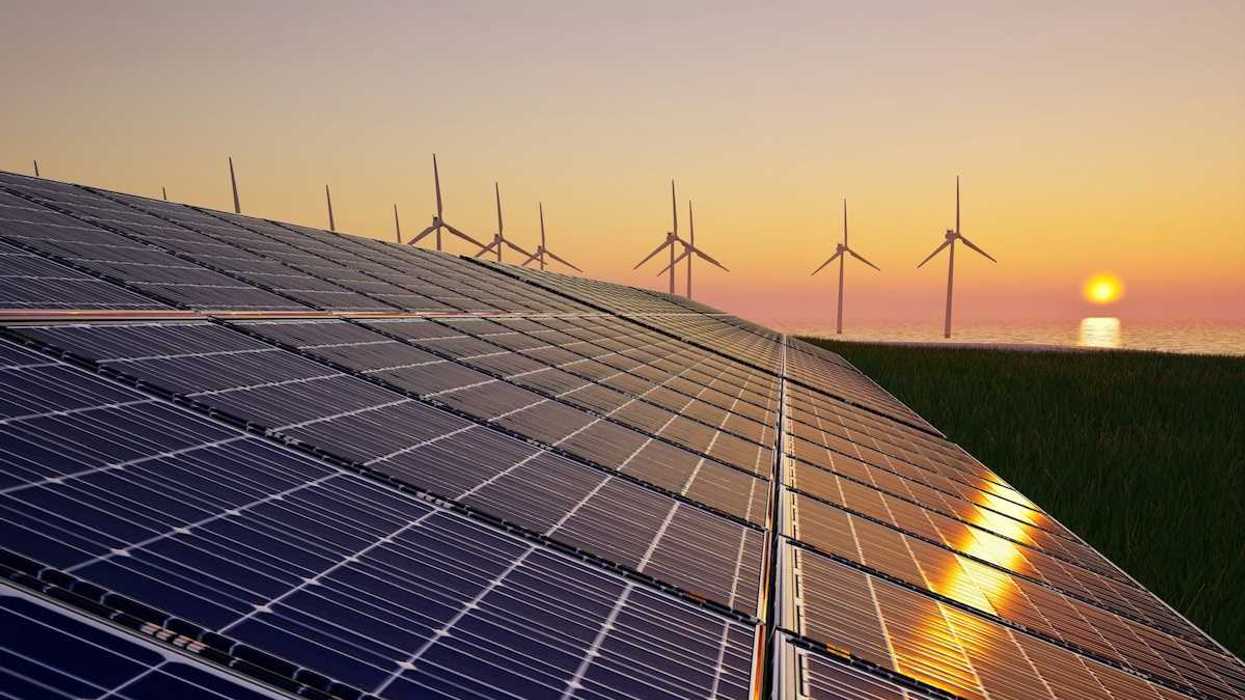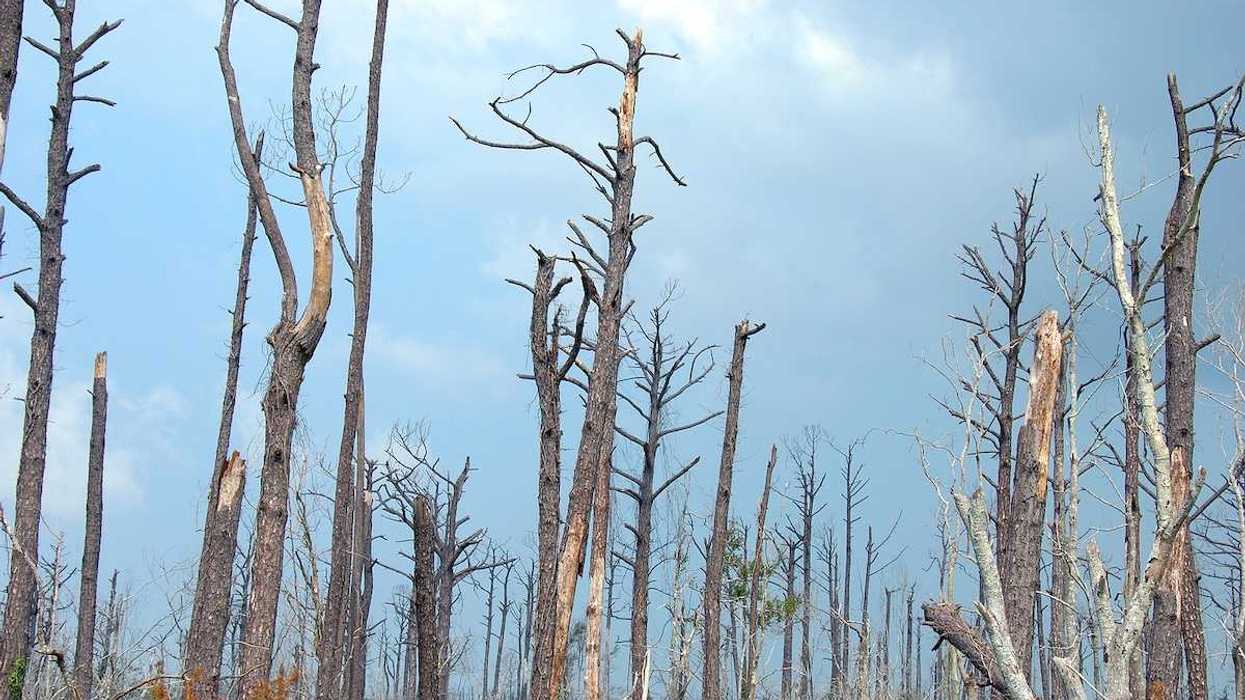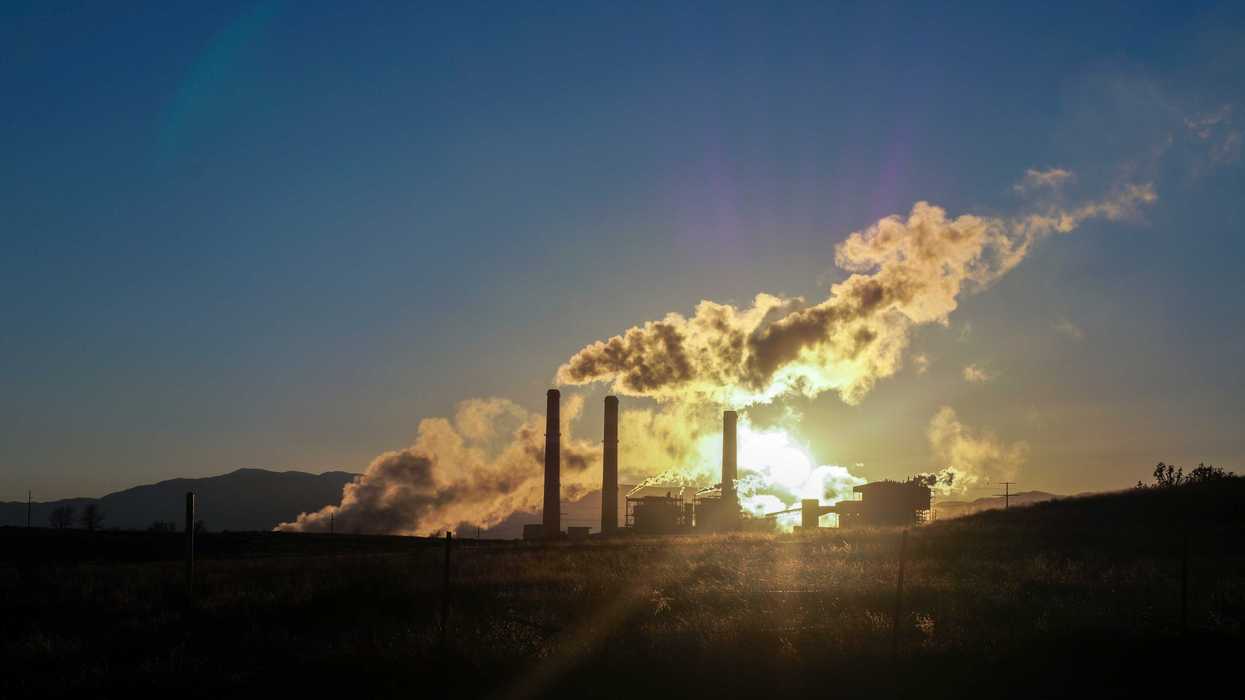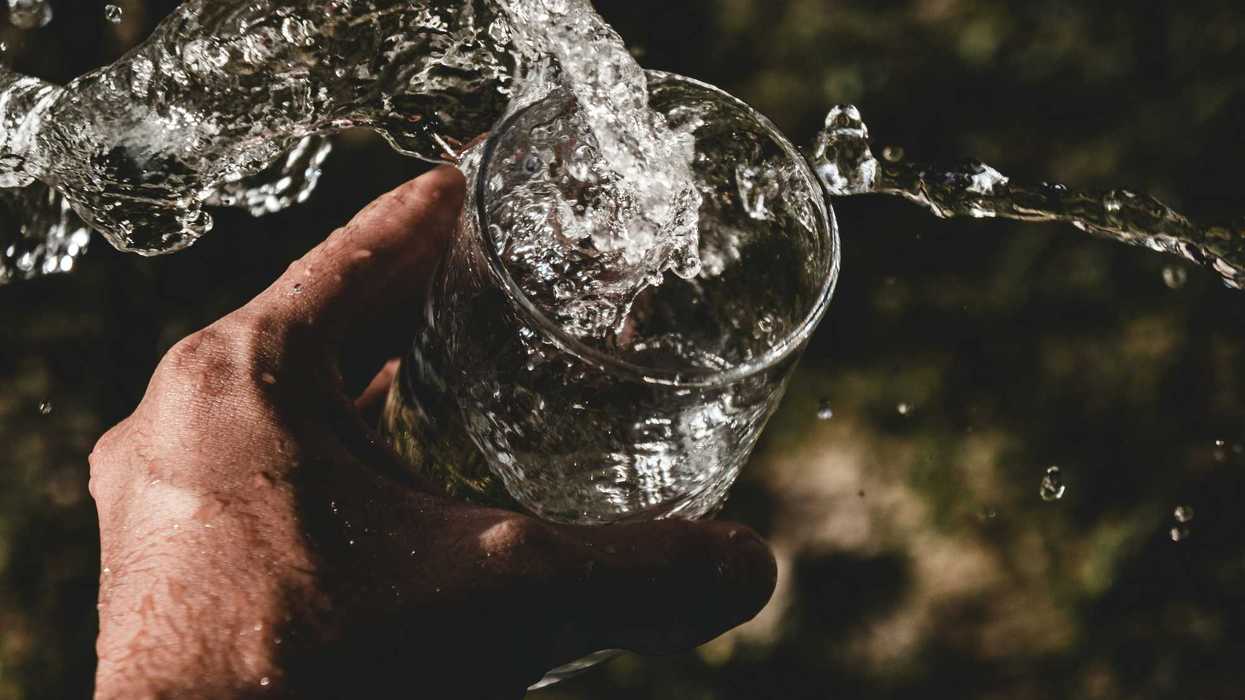Unusually early heatwaves have swept across northern India, prompting health alerts as temperatures spike well above seasonal norms.
In short:
- India's weather department has issued a yellow alert for extreme heat across northern and central states, including Delhi, Haryana, and Rajasthan, with temperatures forecast to surpass 40°C.
- Experts say climate change has accelerated the onset of heatwaves, reducing the duration of spring and leading to longer, harsher summers.
- In 2024, India experienced record heat, with nearly 150 confirmed heat-related deaths and tens of thousands of suspected heatstroke cases.
Why this matters:
Across the subcontinent, from dusty plains to dense megacities like Delhi, the rising temperatures are pushing public health systems to the brink. Hospitals see surges in heatstroke cases, while outdoor laborers — who form the backbone of India’s informal economy — work through searing conditions that are increasingly incompatible with human survival. Beyond the immediate health toll, the heat disrupts the nation’s food and water systems and spurs migration, adding to urban pressure and social unrest. The shifting seasons, once a predictable rhythm guiding agriculture and daily life, are now marked by erratic, punishing extremes. In a nation where over a billion people rely on already stressed infrastructure, India’s heatwaves are less a future threat than a present crisis.
Some good news: A city in India offers a glimpse of how to build a cooler, cleaner future



